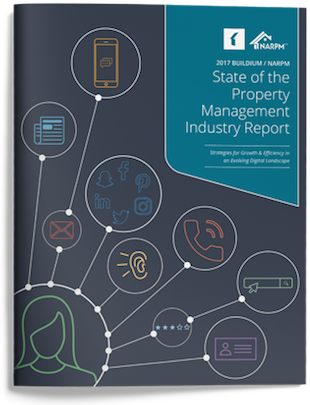What’s the deal with security deposit laws in Alabama?
In the state of Alabama, landlords can charge a security deposit of up to one month’s rent to protect themselves in case a renter damages the property.
It’s totally up to the property owner or landlord if they want to charge a security deposit, and we’ll get into the specifics shortly. But first, let’s talk about why some prospective renters might be nervous about paying that extra money up front.
Recently, scammers in Alabama have been surfing Craigslist for legitimate real estate and rental listings that they can duplicate. These duplicated listings use the same photos and address as legitimate ones, with a different phone number and contact details. When people call the number, a person claiming to be the owner will answer all of their questions and direct to the right places to apply for rentals and submit their deposits.
Some folks have paid up to $2,000, only to show up on move in day and realize the house or apartment was never rented to them.
Of course, you can reassure people that they’ll get their money’s worth by inviting them to view the apartment and meet you at your office to learn more about the property and application process.
Read on to learn more about the specifics of collecting a deposit in the state of Alabama, returning it to renters, or using it to fix damage to the property.
Do landlords need to charge tenants a security deposit in Alabama?
They don’t need to, but it’s probably a good idea.
Security deposits are used to protect the property owner in the event that a renter damages the rental unit or changes it without permission. Without a security deposit, landlords are responsible for paying for the costs of repairs or cleaning beyond normal wear and tear.
What are the limits on rental deposits in Alabama?
- The security deposit cannot be more than one month’s rent.
- Additional deposits for pets, changes to the unit to accommodate the incoming tenant (e.g. handicap accessibility), or for tenant activities that increase liability risks are all allowed.
- Landlords are allowed to ask for first month’s rent up front, separate from any deposits.
For example: a Birmingham apartment that costs $1200/month could not have a security deposit that exceeds $1200. This does not include the cost of a pet deposit, which is considered a separate deposit under Alabama law. First month’s rent is also a separate charge.
Do landlords need to provide a receipt for a security deposit?
No. Alabama landlords or property managers are not required to provide a written acknowledgment that they’ve received the security deposit.
Does the money need to be kept in a separate account to allow it to accrue interest?
No. The state of Alabama does not require landlords or property managers to set up a separate bank accounts for deposits.
What can security deposit money be used for?
Alabama laws allows landlords to keep a security deposit (or part of it) for the following reasons:
- Unpaid rent
- Damages in excess of what is considered normal wear and tear
What is the deadline to return a security deposit in Alabama?
The security deposit (minus any costs incurred for cleaning or repairs, if applicable) must be returned to the renter no later than 35 days after they vacate the property.
Tenants forfeit their right to the deposit money if they don’t cash their security deposit check within 180 days.
Do landlords need to notify renters of security deposit money used to fix damages?
Yes. Landlords have 35 days to provide an itemized list of the damages and the cost of repairs.
If this is not provided to the tenant, along with the remaining amount of the security deposit, within 35 days of when they vacated the property, the landlord owes them double the amount of the original security deposit.
Where can I learn more about Alabama Security Deposit laws?
If you have any questions, or want to learn more about security deposit laws in Alabama, please consult a lawyer.
Resources:
- Alabama Code for Security Deposits and Prepaid Rent: § 35-9A-201
- Alabama Code for Rental Deposits Section 19-3A-405
- Alabama State Tenant Guide (PDF)
- NOLO: Alabama Security Deposit Limits and Deadlines
You may also be interested in:
Disclaimer: The materials on this database provide general information related to the law and are intended to provide a layman’s summary of the law. The information provided does not constitute legal advice and the manager of this database is not a law firm. These materials are intended, but cannot be promised or guaranteed to be current, complete or up-to-date. All of the information offered are intended for general informational purposes only. You should not act or rely on any of the information contained on this database without first seeking the advice of a qualified attorney.

